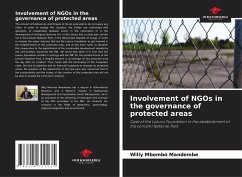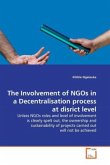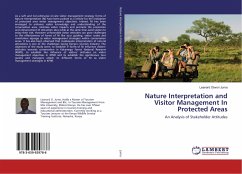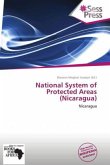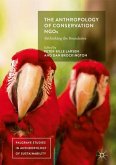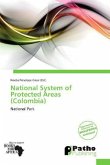The erosion of biodiversity and threats to forest ecosystems do not spare any State. In order to change this situation, the States are confronted with questions of cooperation between actors in the restoration or in the development of biological diversity. It is in this sense that a study was carried out in the Lomami National Park, in the Democratic Republic of Congo, in order to analyze the major reasons that led the Lukuru Foundation to get involved in the establishment of this protected area; and on the other hand, to decipher this cooperation to the appointment of the sustainable development needed by the communities bordering the PNL. We found that while it is true that the Lukuru Foundation worked in synergy with the DRC for the establishment of the Lomami National Park, it illegally became a co-manager of the protected area the day after its creation. Thus, faced with the bankruptcy of the Congolese state, the lack of expertise and its financial incapacity to manage its protected areas, the question of the opportunity of the new park was raised but that of the sustainability and the stakes of the creation of this protected area will not be able to exceed the short-term analysis.
Bitte wählen Sie Ihr Anliegen aus.
Rechnungen
Retourenschein anfordern
Bestellstatus
Storno

